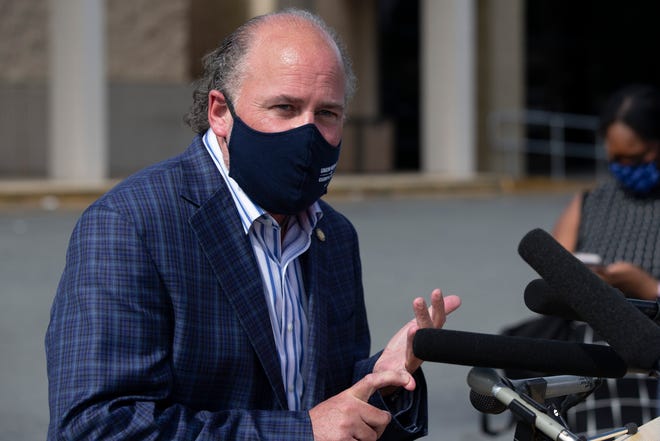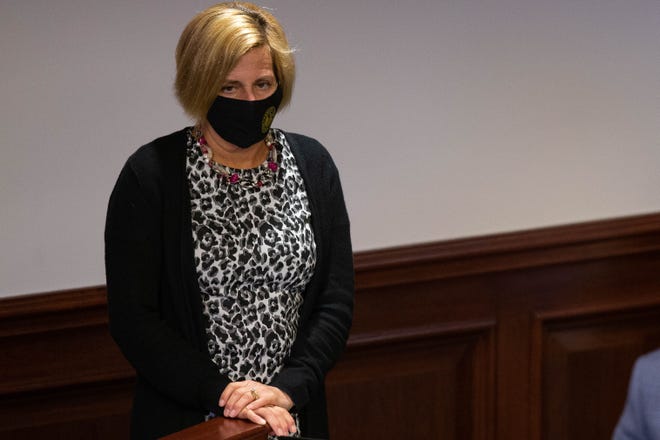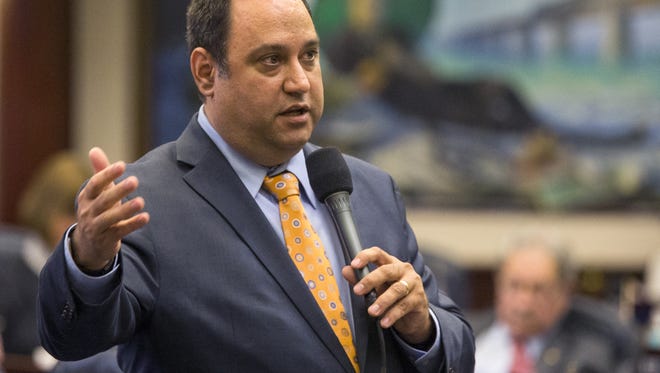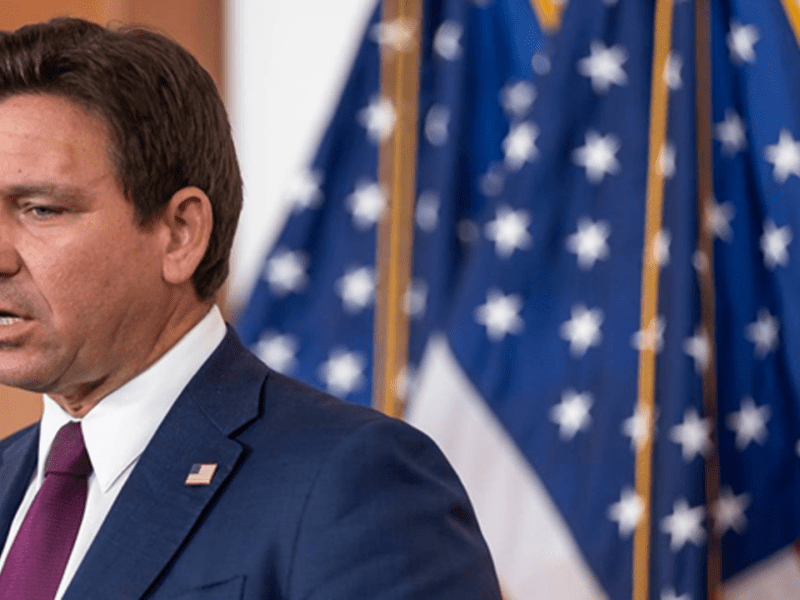Florida Senate set to vote on bill called ‘ideological crusade’ against state pensions
“Do we have the money to keep the promises that we made to our retirees and enrollees?” Rodrigues asked. He says no.
Tallahassee Democrat | by James Call, Capital Bureau – USA Today Network – Florida | April 7, 2021
Sen. Ray Rodrigues introduced a state pension reform to the Senate floor Wednesday that public sector labor unions and retirees warn will jeopardize the retirement fund for more than a million workers.
The bill (SB 84) prohibits most new hires from joining the Florida Retirement System’s traditional pension, or “defined benefits,” plan. Instead, it steers them into an investment vehicle that’s like a 401(k) plan, dependent on the stock market.
That scheme poses twin threats to workers’ retirement plans, opponents argued: It reduces the flow of income to the pension fund and ties the fund’s health to Wall Street.
Rodrigues, an Estero Republican, fielded questions from Democrats on the chamber floor for nearly two hours.
Groups like the AFL-CIO, the American Federation of State, County and Municipal Employees, and the Florida Education Association had called on lawmakers to defeat the proposal and provided talking points for debate.
Rodrigues repeatedly addressed concerns with a nod to FRS’s unfunded liability — the amount needed to pay benefits owed if 644,000 current city, county, schools and state workers were to retire all at once — as a risk to the state’s financial health.
Democrats’ questions suggest pension fund is healthy
Democrats framed questions to suggest the fund is healthy, and it was Rodrigues’ bill that was the threat. More than a million retirees and current workers — 440,000 people currently receive benefits — count on FRS for their retirement.
Sen. Lori Berman, D-Delray Beach, challenged Rodrigues’ contention that the pension fund was financially unhealthy. She asked how it compared to other states’ pensions.
Rodrigues conceded it had a Top 10 ranking, but said those rankings were “subjective.”
“That compares us to every other state. The true measure should be a subjective standard. Which is this: Do we have the money to keep the promises that we made to our retirees and enrollees. And at this time, the answer would be ‘no,’ ” Rodrigues said.

AFL-CIO and AFSCME member retirees have led the public opposition to Rodrigues’ proposal.
“The people making these decisions fundamentally do not understand how pensions work,” said Rich Templin, an Florida AFL-CIO spokesman, about Rodrigues’ failure to acknowledge that pensions depend on current workers’ contributions to pay current retiree’s benefits.
Sen. Loranne Ausley, D-Tallahassee, introduced an amendment for a study to determine how ending the pension option would affect benefits now and in the future, and the projected costs to local and state government workers.
“I think these are important pieces of information for us to have before making a decision of this magnitude,” said Ausley.
She then withdrew it, however, for further discussion of Rodrigues’ proposal.

Rodrigues pointed out that annual payment of its debt amounts to more than the payout of benefits, which he called “not sustainable.”
While the unfunded liability totals $36 billion, financial experts in two separate audits declare the fund healthy and the amount manageable, given the size of the state’s economy. The FRS consumes about 0.06% of the state budget on average each year.
The state is on track to pay off the unfunded liability in the next 30 years. Before the Great Recession the fund actually had a surplus.
“This is an ideological crusade that has nothing to do with the facts,” Templin told Senate Democrats before lawmakers went into session to debate Rodrigues’ proposal.
The bill will next be scheduled for a third and final reading, with debate and a vote in the Florida Senate. There is no House companion.
Photo: Sen. Ray Rodrigues introduced a state pension reform to the Senate floor Wednesday that public sector labor unions and retirees warn will jeopardize the retirement fund for more than a million workers.






